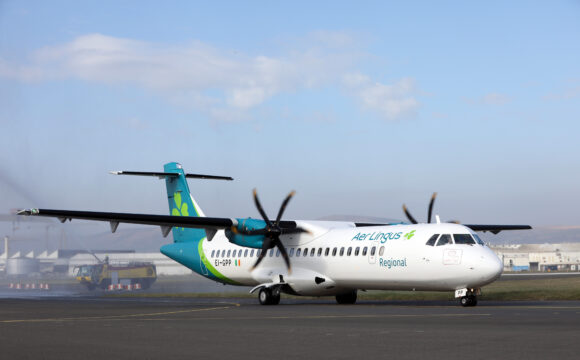AirHelp is celebrating the 20th anniversary of EC 261, Europe’s Air Passengers Rights Regulation. As one of the EU’s most successful pieces of consumer legislation, the EC 261 has protected more than 15 billion passengers over the last 20 years.
Excluding the years impacted by the pandemic and travel restrictions, air passenger numbers have risen steadily over the last 2 decades, indicating that the introduction of air passenger rights has not impeded growth. In fact, research shows that EC 261 has reduced flight delays by 5%, with improved compensation processes and assistance for passengers in the event of denied boarding, flight cancellations, or delays over three hours.
The EC 261 has also set the standard for air passenger rights worldwide, and has inspired similar regulations in Brazil, Turkey, Canada and the United Kingdom, to name a few. Encouragingly, many more countries, including Australia and the United States are also considering introducing their own air passenger rights.
Despite its positive impact on air travel across Europe, AirHelp has identified areas where the regulation could be updated to meet the changing needs of today’s passengers. Firstly, EC 261 compensation rates have not been revised since their introduction in 2004, but airline ticket prices have risen by 31% in the last two years alone. Therefore, compensation limits should be increased to €900, in line with inflation.
With passengers increasingly becoming victims of luggage chaos at airports, EC 261 needs to introduce adequate protection for lost, delayed and damaged luggage. Airline procedures have changed over the past 20 years and checked luggage has become a paid service. As a result, AirHelp believes that well-defined protection should be established, following in the footsteps of countries like Canada, which have rules for compensation of lost, damaged, or delayed luggage, with defined waiting times and minimum compensation levels.
In addition, there have been multiple rulings by the European Court of Justice (ECJ), which has clarified, reinforced and enhanced the rights of air passengers. While the ECJ’s decisions apply in all EU jurisdictions, codifying the important rulings would significantly simplify the situation for passengers. This includes compensation for delayed passengers, those facing airline strikes and when airline’s bring a passenger’s flight forward.
Tomasz Pawliszyn, CEO of AirHelp commented:
“The EC 261 regulation has made strides in setting the standard for air passenger rights and moving the industry forward to a safe and fair environment for passengers travelling across Europe. As we look ahead, more work needs to be done when it comes to informing passengers of their rights, and the EC 261 has an important role to play in this. Our recent survey of passengers who had experienced a significant disruption discovered that 82% were not informed of their rights during the disruption. At AirHelp, we are committed to raising awareness of regulations that ensure passengers are eligible for compensation when facing flight delays or cancellations.”
















